No.259
(The piece below is my in-full Root Catalog column from the Queer Ecology (spring) issue of Orion magazine.)
I have begun to wonder about the overlap between those who practice a strict closed-mindedness toward others and their differences and those who maintain closely cut grass-only lawns with the assistance of pesticides and fastidious mowing. I have also begun to wonder—choosing possibility over madness—if humanity is at a critical tipping point, one where the horrors being inflicted upon planet and persons have acquired a kind of ultimate and desperate weight, and the scales are so very tired of protesting: We have to go back the other way now.
Fortunate enough to live in a place where I can—having scaled a hill—see natural things near-uninterrupted for several miles, the panoramic tendency of this area highlighted further by the almost total lack of tree, of forest. The soft pine underfoot of these hills and mountains was ripped out a long time ago, but the unnerving sense of unnatural exposure is like a sap impossible to wash from the hands.
Sometimes when walking through the garden during the harshness of winter, I will mumble to the dormant trees and plants: Hang in there, keep going, the warmth will come back. Saying this as much to myself as anything else alive, but it helps, in the way that remembering people can and do change helps, in the way that reading about people replanting forests helps, in the way that seeing someone be completely who they are and have always been helps.
I want for our malnourished landscapes to close themselves over with relieved forests and restored ecosystems while we ourselves grow more open and accepting, more vulnerable. I want for fluctuations in spirit and species to be met with celebration instead of control. Being out in natural places can, I’m sure, help move the more closed people toward this mindset, but it isn’t going to happen all at once, nor in a grand or monetized way as so many parts of society are straining toward.
There is variation to be found between two neighborly leaves, let alone between two people, and it would perhaps be a good thing if we practiced making some of the simplest and most essential ways of being nonoptional: diversity is a cornerstone of everything. Make room in your life to love it.
WORK-RELATED NEWS:
My sixth book is due to go into production in May. I tell myself this seems like a good month for a book to go into production. To my somewhat-discomfort I’m still making edits to the manuscript, albeit minimal ones, because there are over eighty different languages represented within and tiny adjustments are still needing to be made, certain small structures being tweaked, mainly in terms of adjustments to pronunciations and cultural contexts.
The book contains over 20,000 of my words, and over 170 new paintings (one of those the above), and it will be, I suspect, the longest one so far—maybe the one most obviously deserving of its paper, its trees. In a wistful way, I sort of wish I’d started at this point ten years ago, but of course I couldn’t possibly have arrived here were it not for the past decade of everything, with everything.
This book will be Words to Love a Planet, and I hope to share much more about it in the coming months.

THIS WEEK I FELL IN LOVE WITH:
Paintings by Wiradjuri woman Hannah Lange, who resides on Bundjalung Country, having been born and brought up in the Blue Mountains on Dharug/Darug and Gundungurra Country. Bark, cliffs, weavings, the kinds of things which tether us—if we are paying attention—to Earth.
“Oh for more time! I waste lots, I know, but I need lots to waste, for it seems I cannot work in any other than the wasteful way.
…
It might be fine to live like that. But how can I tell?”
— Catherine Carswell, The Camomile
Again and for however long necessary: (Actions for demanding a Free Palestine and an end to occupation.) / (Reading list for a Free Palestine.) / (Postcards for Palestine, free PDF downloads.) / (Send a physical postcard.) / (Ten free ebooks for getting free from Haymarket Books.)
Paid supporters of The Sometimes Newsletter receive one or two additional pieces each month, including things like short stories, illustrated essays, and more detailed looks into creative processes. The most recent of these being:
Diminishing Powers
At some indiscernible moment during the last 480-plus days I ceased to be able to focus particularly well, and quite often the focus isn’t to be located at all. It turns out that even intermittent re…



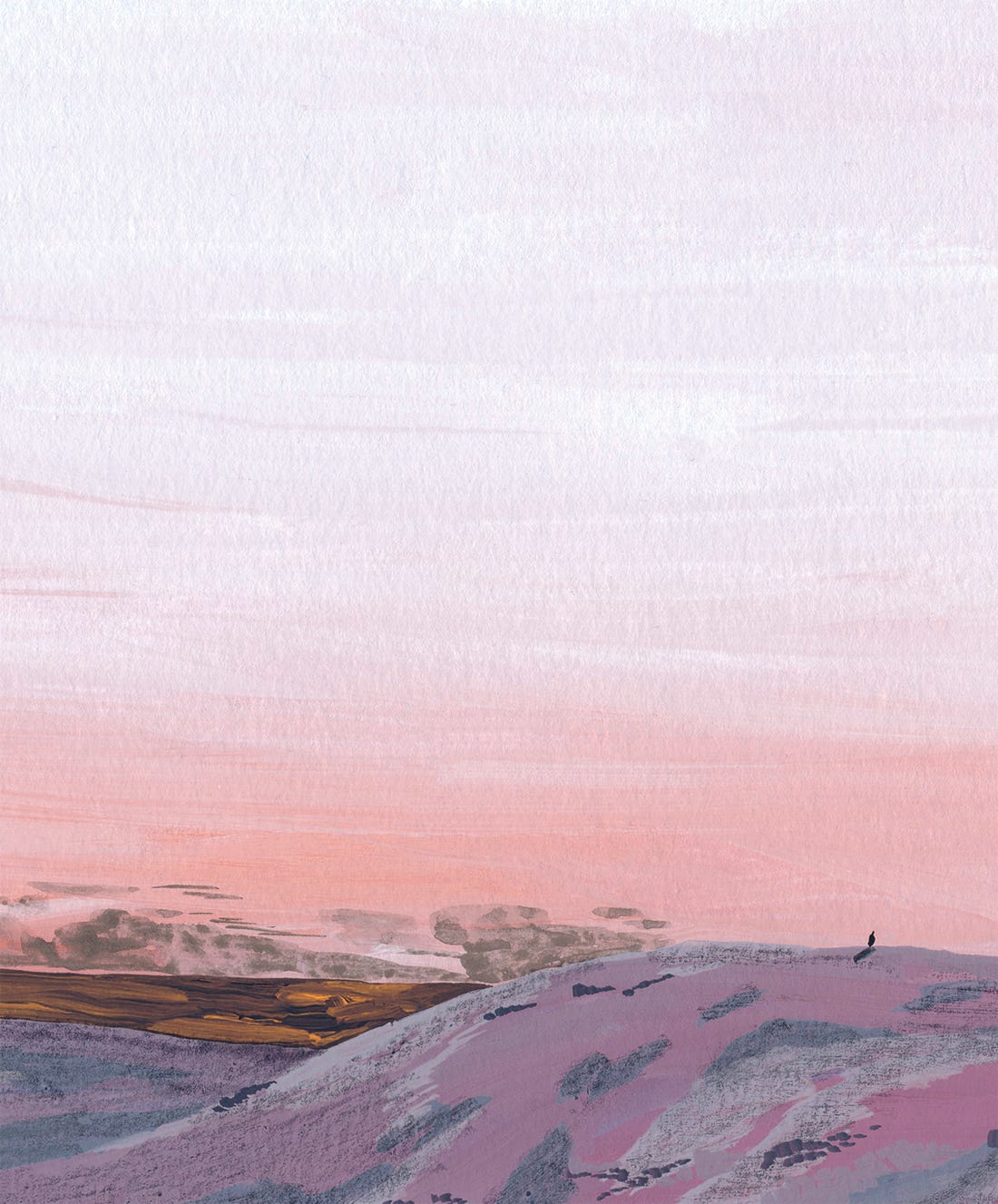

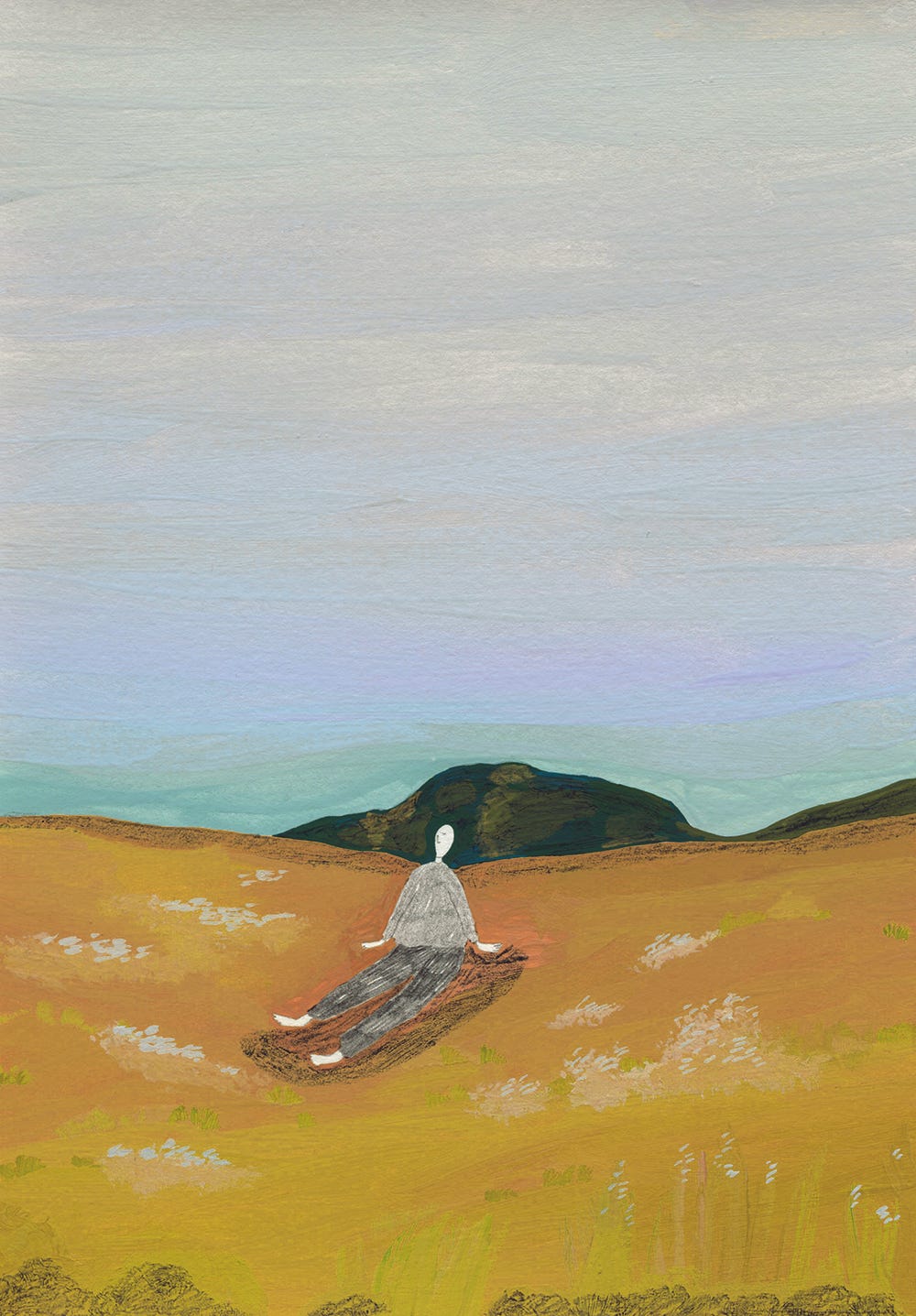

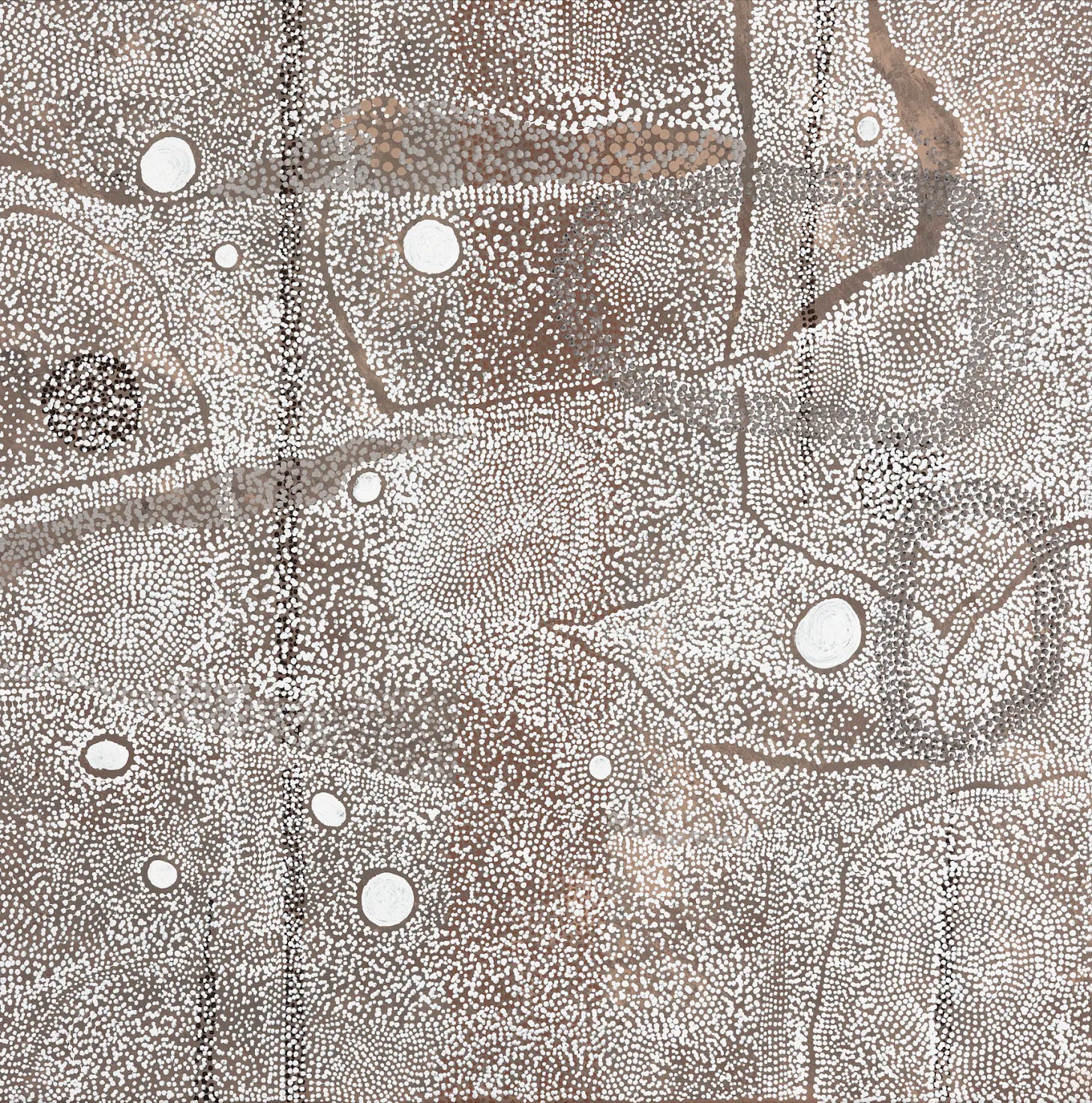
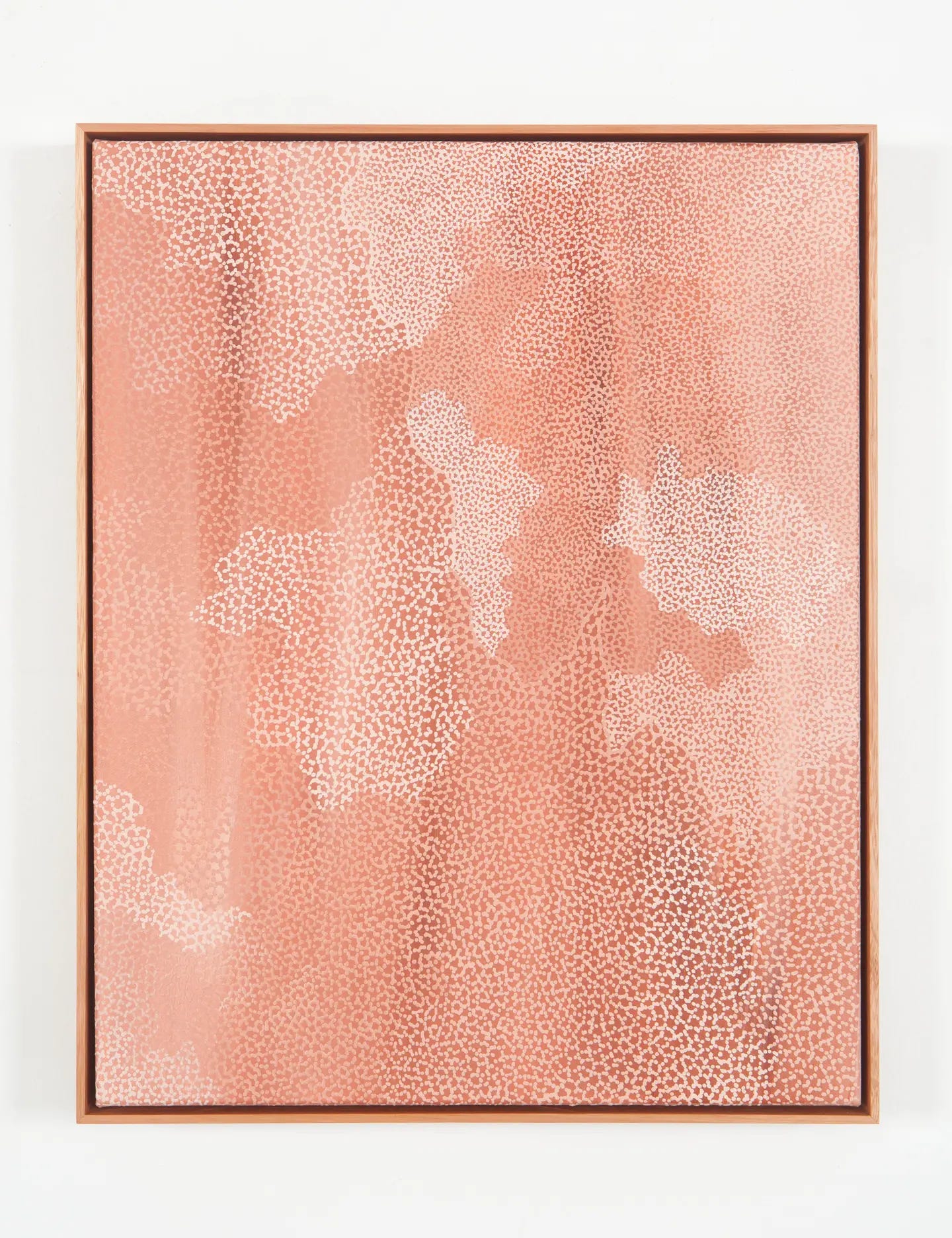
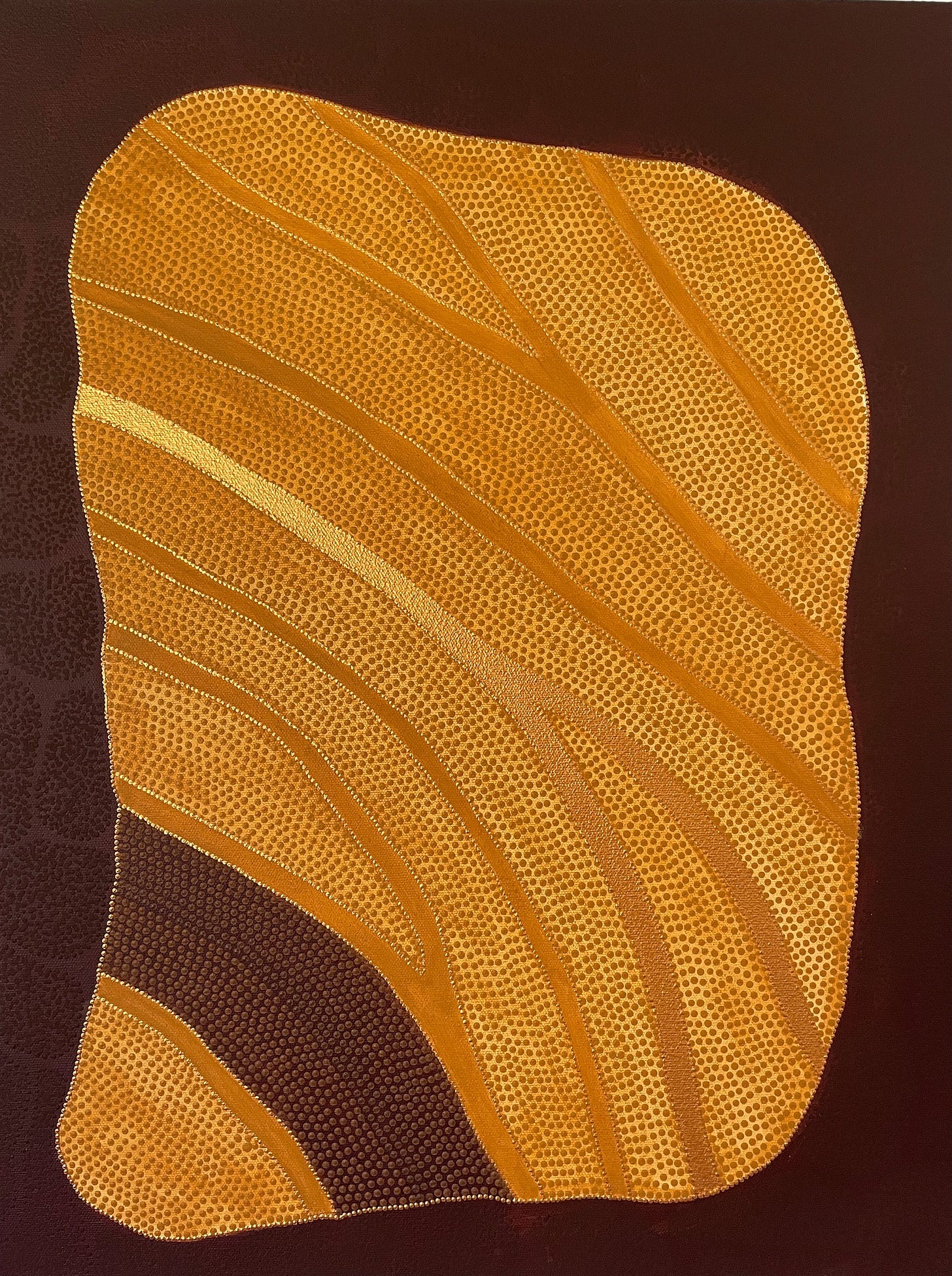
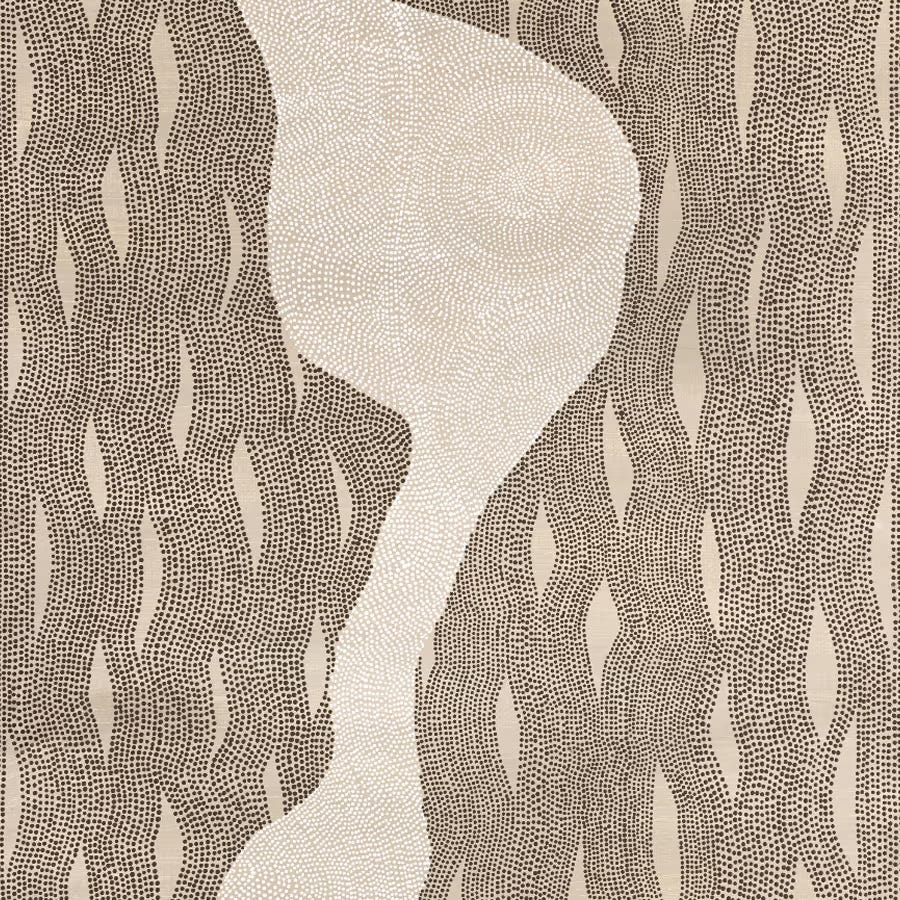
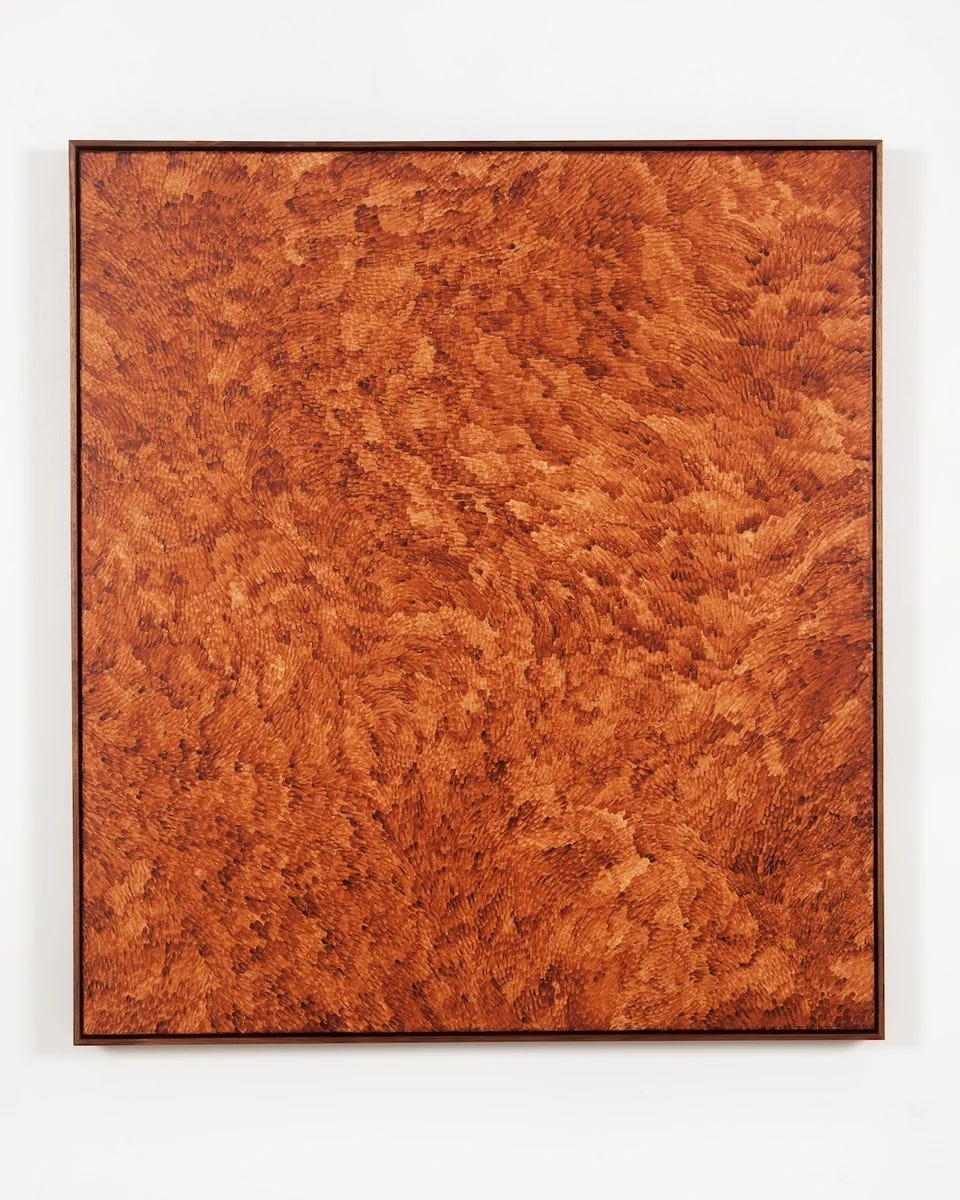
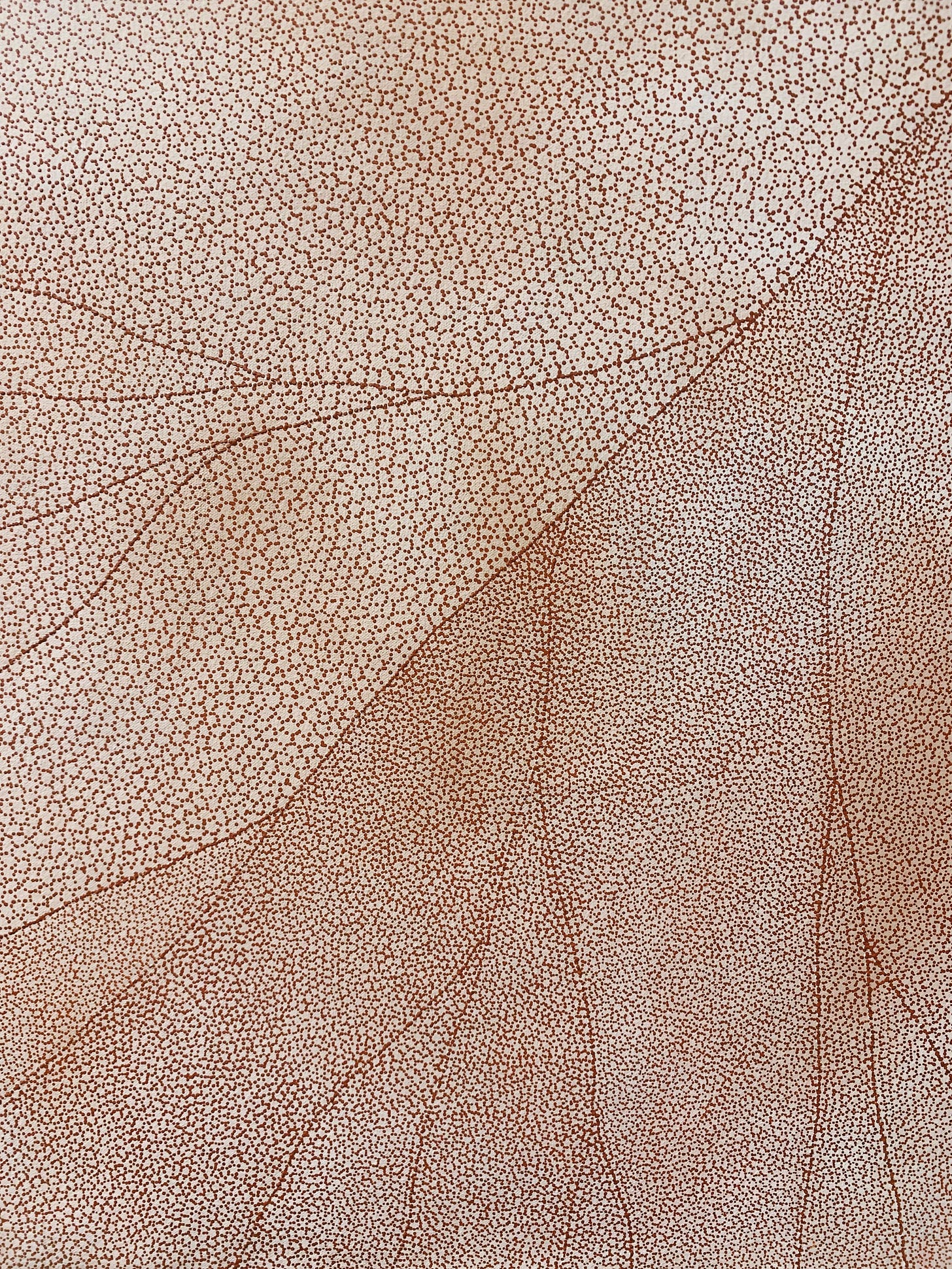
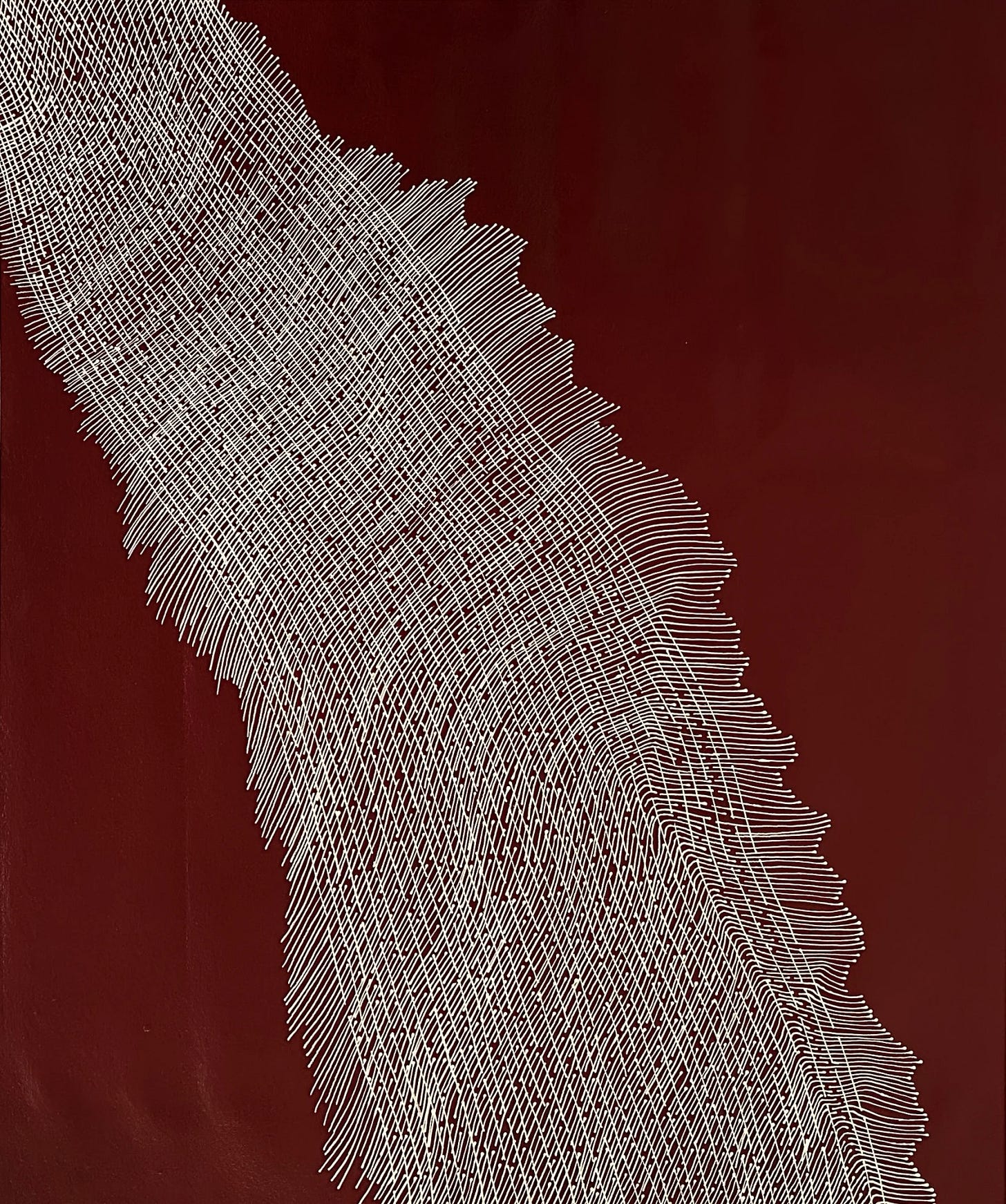
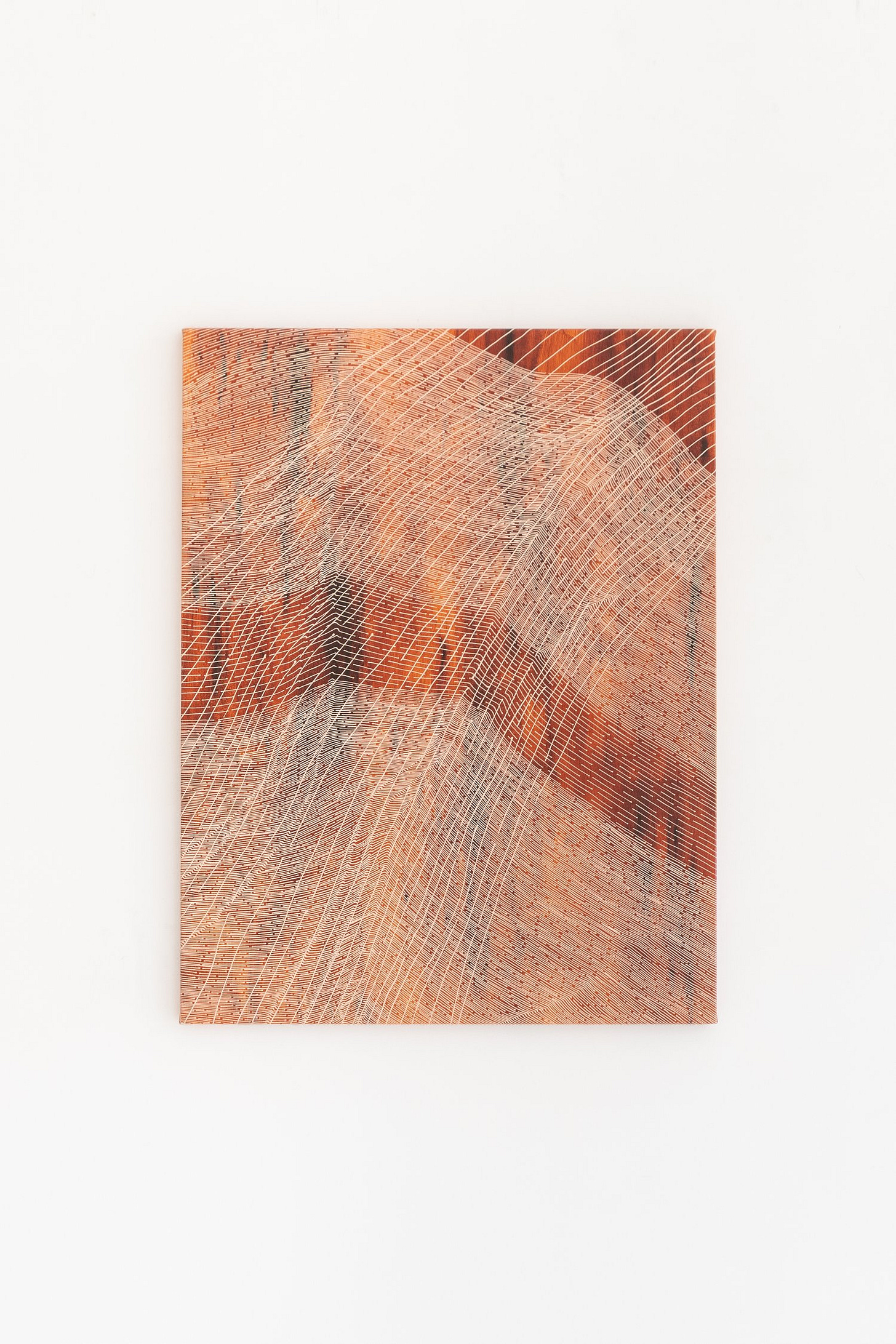

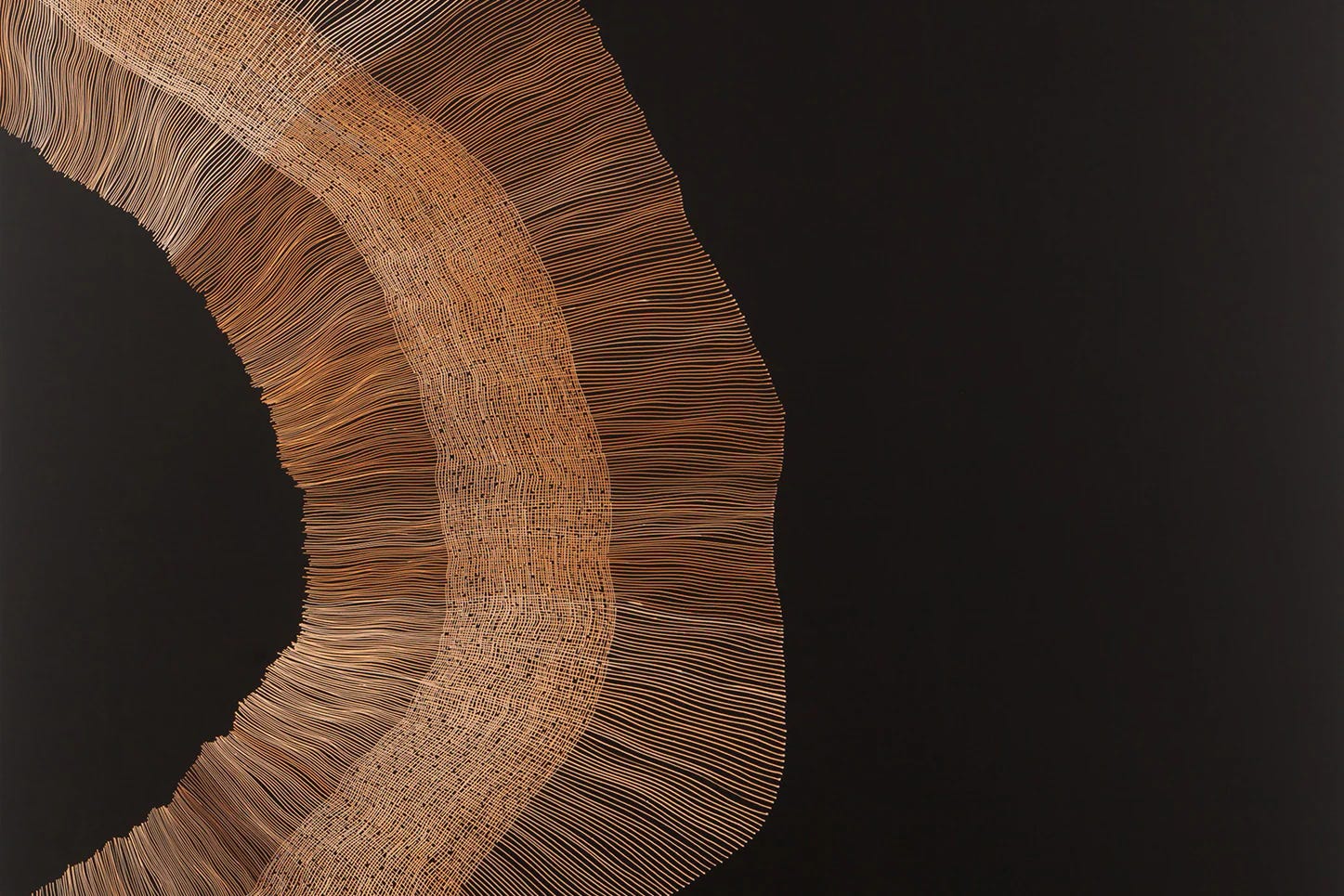

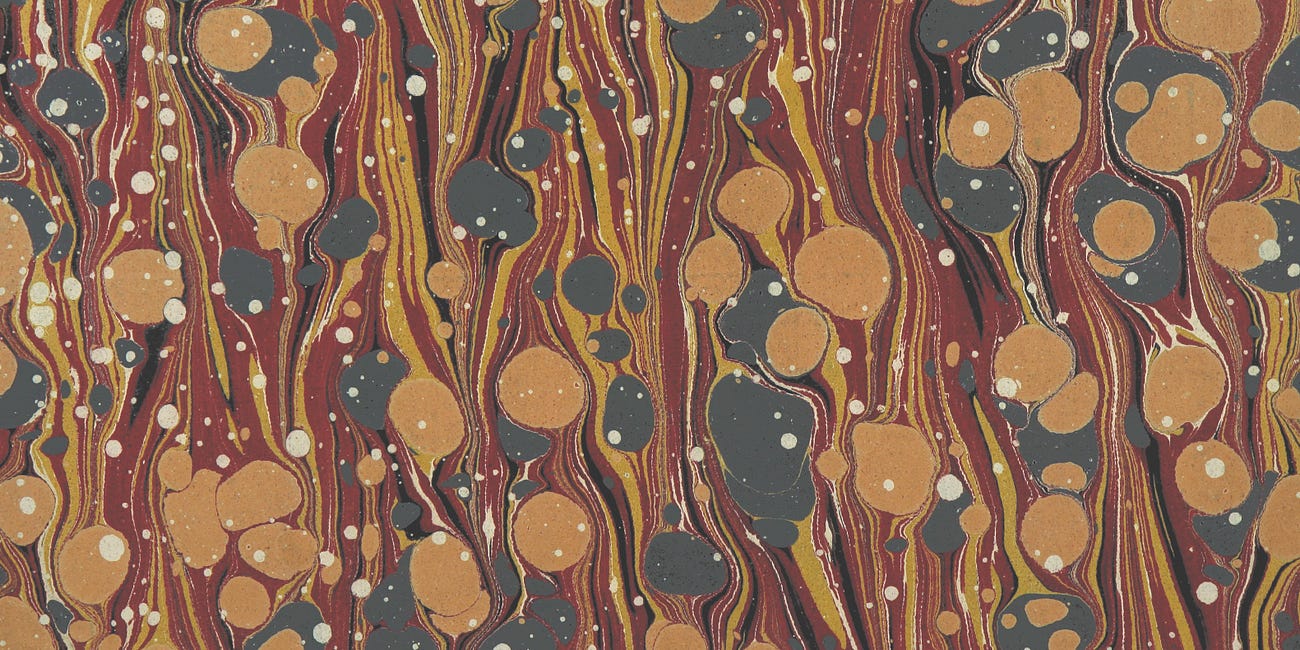
🤍